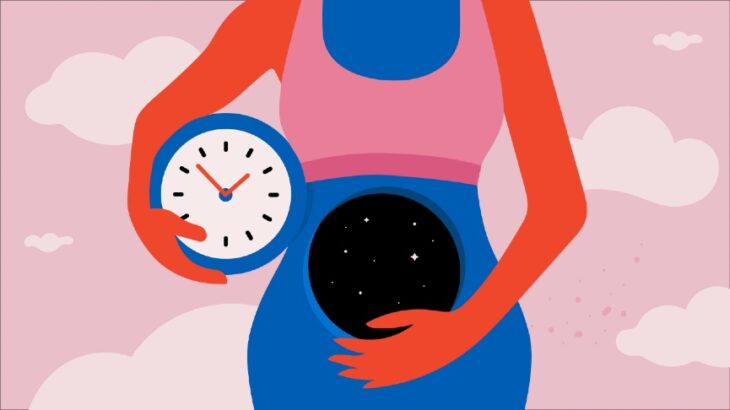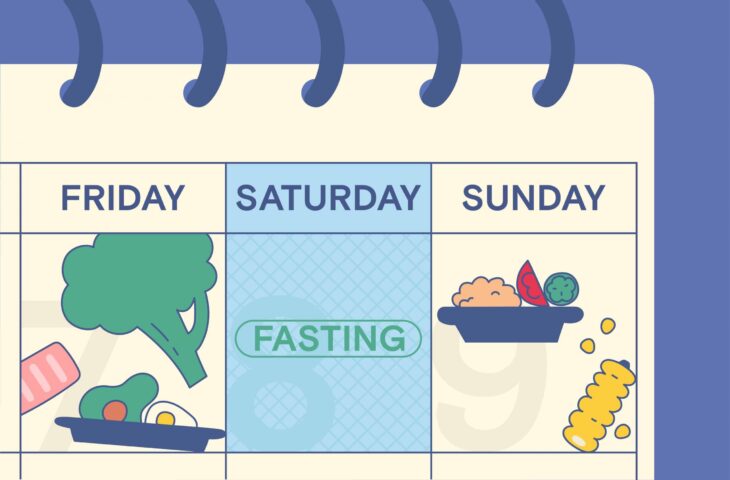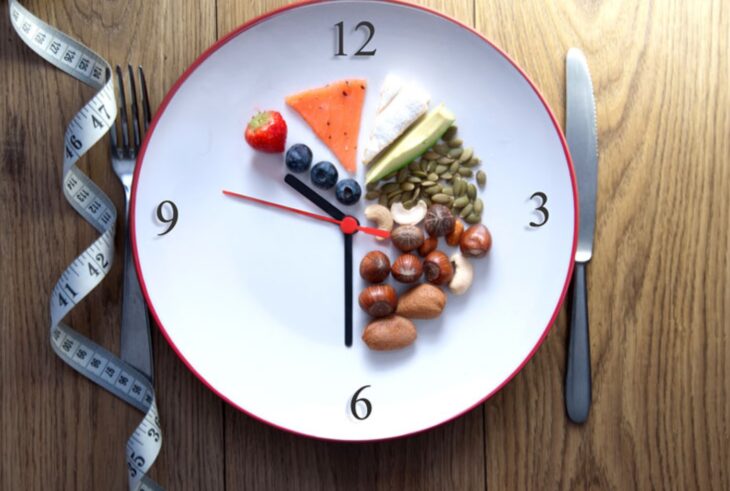Fasting has been hogging the spotlight recently. Thanks to the countless health buffs and weight watchers who swear by the many benefits of abstaining from food for an extended period, fasting has become a buzzword not just among people who want to lose weight but also those who want to adopt a healthier overall lifestyle.
If you are planning to lose weight, get back to your former svelte body shape, or simply hack your body’s metabolism and improve your health, fasting may just be a good way to do it. But before you decide to give food the cold shoulder, you need to understand what you’re signing yourself up for. More importantly, you need to consult your doctor to make sure your fasting regimen will be safe.
Contents
Fasting 101
In plain terms, fasting is going without food for hours or even days. If you abstain from eating for at least eight hours, then you have technically started fasting. People fast for many different reasons and not just to lose weight. For instance, patients who need to undergo certain medical procedures or diagnosis may be asked to fast. Also, some religions occasionally require their followers to fast.
Fasting can trigger metabolic changes in the body. That’s why it’s effective in weight loss. Other than weight loss, fasting can boost the brain’s cognitive functions. By preventing or minimizing food absorption in the gut for several hours or days, digestive health can also recover to optimum levels. In addition, refraining from eating can also improve inflammation and minimize stress.

Preparing Yourself For Fasting
When you fast, you deprive your body of food and nutrients. So, before you start, it’s always a good idea to compensate by observing other healthy lifestyle routines. Always make sure to get the right amount of sleep each night. Drink plenty of water to boost metabolism.
While you prepare yourself mentally for the tough fasting days ahead, you may also want to program yourself to stick to a healthy diet. Suffice to say that you’re doing your fasting wrong if you stick to pizza and junk food during the times that you break your fast. Of course, you will be allowed cheat days, but don’t make each day your cheat day.
Different Types Of Fasting
Before you decide to fast, know that there are many methods to choose from. Often, these methods overlap and some are basically a reinterpretation of other fasting methods. Take the case of intermittent fasting, which has different eating plans under it. Whatever fasting method you choose, make sure that it’s safe for your own unique physical and health condition. Here are some of the best and popular methods.

Source: Intimina
-
Intermittent Fasting
As the name suggests, intermittent fasting is not continuous. This type of fasting isn’t concerned about what foods you eat or don’t eat. Rather, this system is about dividing your day or week into different hours of eating and fasting cycles. Intermittent fasting focuses on your eating patterns.
Typically, intermittent fasting cycles have 14, 16, or even 20 hours of going without food. Some people abstain from eating for 24 hours once or twice a week and still observe intermittent fasting. Since this type of fasting isn’t continuous, it’s one of the most popular methods for fitness buffs and beginners. Even so, this method of abstaining from food is not without risks. Again, it’s prudent to consult with your physician or nutritionist to make sure it’s safe for you.
-
Eat-Stop-Eat Fasting
Choosing this plan means fasting for two whole days and then eating normally during the remaining five days of the week. The two fasting days do not necessarily have to be consecutive. For example, if you start your fast at 6 a.m. on a Saturday, then your next meal will be at 6 a.m. the following day, Sunday. Then you can choose another day of the week to repeat the fast.
The beauty of this plan is that you can eat normally for most days of the week. Plus, you do not have to eliminate any of the food that you like. But of course, you can maximize the results if you stick to a healthy diet while fasting.

Source: Simple Fasting app
-
Alternate Day Fasting
This fasting plan involves abstaining from food every other day. Most people who choose this method will go without solid food during their fasting day. But there are some who allow themselves to have a food intake of no more than 500 calories per fasting day. During non-fasting days, people who follow this method can eat whatever they want and as much as they want.
Alternate day fasting is a beefed-up version of intermittent fasting. So, this may not be the perfect jump-off point for beginners. You can consult with a professional to help you customize this type of fasting to meet your needs. It’s also a good idea to check out apps and programs like LifeApps.io to know more about the stages that your body will go through with this kind of fasting, as well as help you monitor your progress and ensure that you’re sticking to your plan.
-
One Meal A Day Fasting
Under this method, you only have one hour of your day to take in calories from food. For the remaining 23 hours, you will refrain from eating. This may sound like a tough method, but many people have done it.
This fasting plan can bring about rapid weight loss by restricting a person’s food intake to just one hour each day. It goes without saying that you need to stick to healthy eating for this method to be effective even during the hours you’re allowed to feed. This type of fasting may prove to be a huge challenge for first-timers.

Source: Cleveland Clinic’s Health Essentials
-
The Long Fasting
This type of fasting can last anywhere from two to three days without food. As such, it may not be comfortable for beginners. And you may need to cancel some of your appointments for the week if you’re not yet comfortable doing this prolonged fasting.
Takeaway
Fasting can be hard for beginners. But if you are up for the challenge, it can definitely change your life. With the right plan, you can have better control of what and how much you eat. As a result, you stand to gain a healthier lifestyle. There are many types of fasting methods that you can choose to follow. Before you dive in, make sure to consult your doctor or nutritionist to know the best method for you. In the end, the best fasting method is the one that works to boost your health.
